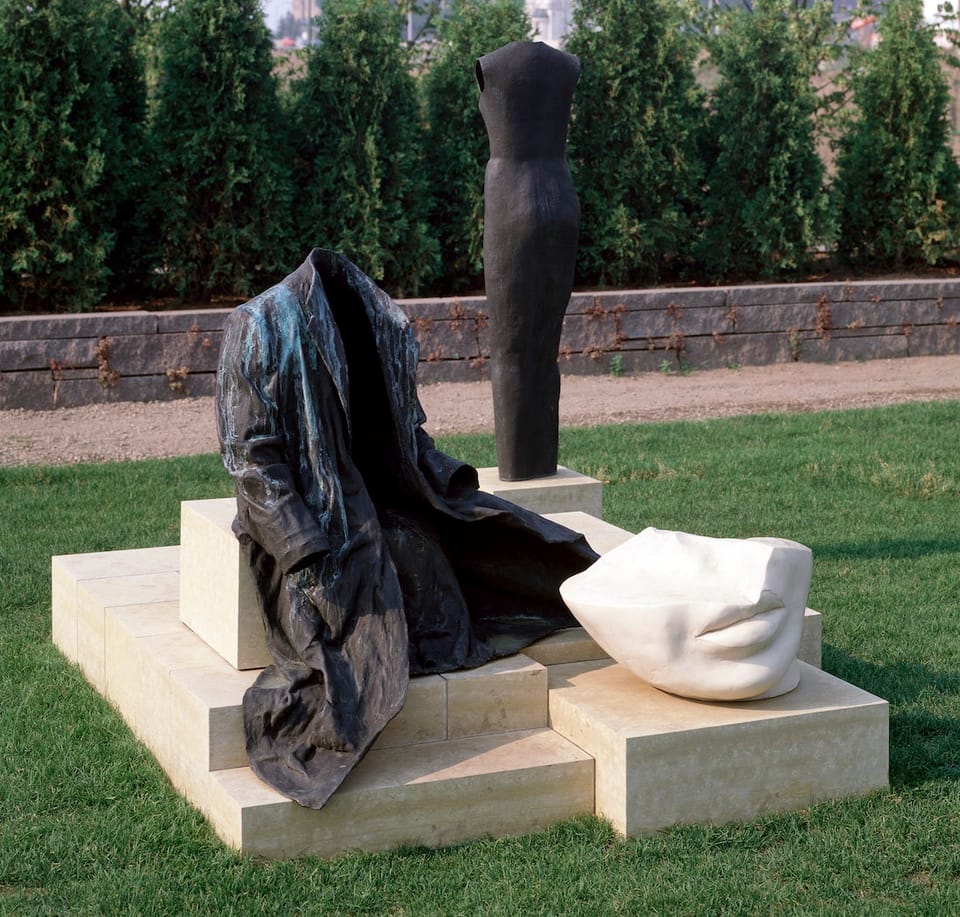Retrospective Reflections of Another Early Retiree (by Richard Norman)

Greetings friends!
Today's Guest Post comes from my friend and colleague, Richard Norman. We have been teaching courses together at the University of Zurich for almost a decade.
As you'll see for yourselves in a moment, Richard has a way with words and a kind outlook on life that endears him to students. It's been a privilege to collaborate with him and it is a pleasure to share his words with you here.
The Empty Raincoat is a book about work by the economist Charles Handy, the title of which is inspired by a sculpture by Judith Shea of an empty raincoat. Handy writes
We were not destined to be empty raincoats, nameless numbers on a payroll, role occupants…
Well, I never felt that I was just a nameless number on a payroll, but I did feel that I had to play the part and put in the endless hours that went with the big job.
After 30 years of being an international corporate lawyer, I was fortunately in a position of financial independence and I decided, like James, to become an early retiree. It was akin to stepping through a trap door as suddenly all the infrastructure fell away, and I was without the monthly paycheck, the bonus, the stock options, the business class travel, and the IT support.
I was self-employed, and to the horror of my colleagues, I had stepped away from the status of a Vice President role.
Probably the worst surprise was when relatives and friends asked me what it was like to be retired, and that somehow offended my protestant ethic. In my grandfather’s time, when he was a bank manager in London, introductions would start with ‘How do you do.’ Nowadays people ask you ‘What do you do’ and at first I didn’t know what to say.
So what did I do? I promptly made myself almost as busy as when I was working full-time, but this time without all the pay and benefits. I became a trustee, an author, a volunteer, a lecturer, a learner, and an investor.
To be honest, I did not plan well for early retirement and was fortunate not to get scarred for life by such a radical transition. In retrospect, I think there are three key areas that one needs for a good retirement as opposed to a miserable one.
- Firstly, good relationships with your other half – you’ll be seeing a lot more of them – and or your family/friends/community.
- Secondly, good health for both you and your closest companion, but that applies whether you’re working full-time or not.
- Finally, financial security, whereby the lack of a monthly paycheck does not become a source of stress and deprivation.
It’s probably the last point that keeps people working longer in the day job than they want to, but given the fact that some people are retired longer than they worked, maybe that’s sensible.
Deciding to jump rather than being pushed, should ideally only be undertaken after financial advice and time for deliberation. Circumstances can sometimes dictate a swifter and more emotional departure.
So I gave up the trappings of status and money, and what did I get in return? Well, as James says, above all, the precious flexibility and freedom to plan my day and to spend my time mostly on the things I enjoy rather than the things I had to do.
I was no longer an empty raincoat.
'Stood alone on a mountain top
Staring out at the Great Divide
I could go east, I could go west,
It was all up to me to decide
Just then I saw a young hawk flying
And my soul began to rise
And pretty soon
My heart was singing’
[Lyrics from Roll Me Away by Bob Seger]
Be well.
If you would like to share your thoughts in a Guest Post of your own, let me know. In the meantime, I encourage you to subscribe to get your weekly dose of Klugne.






Member discussion